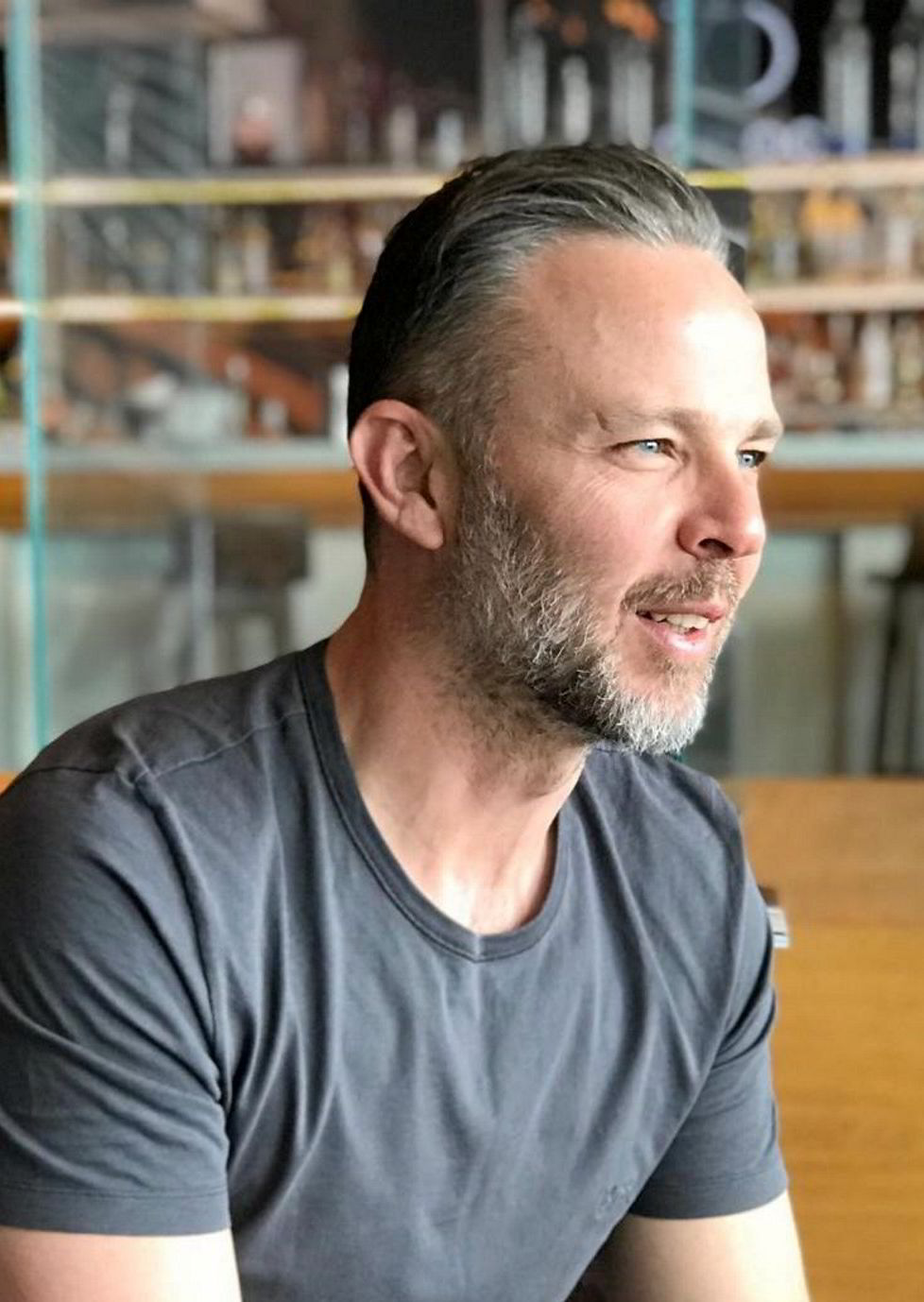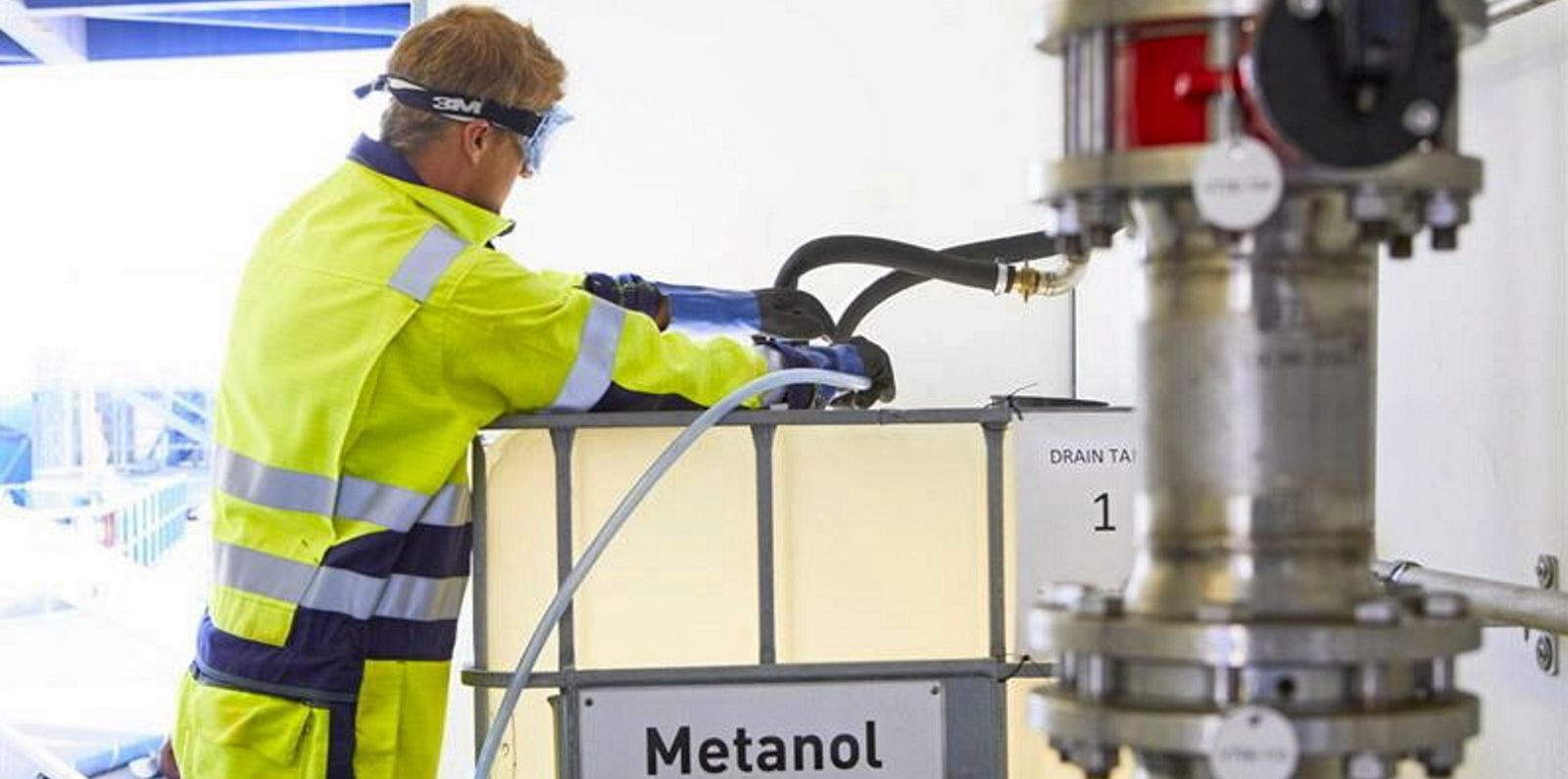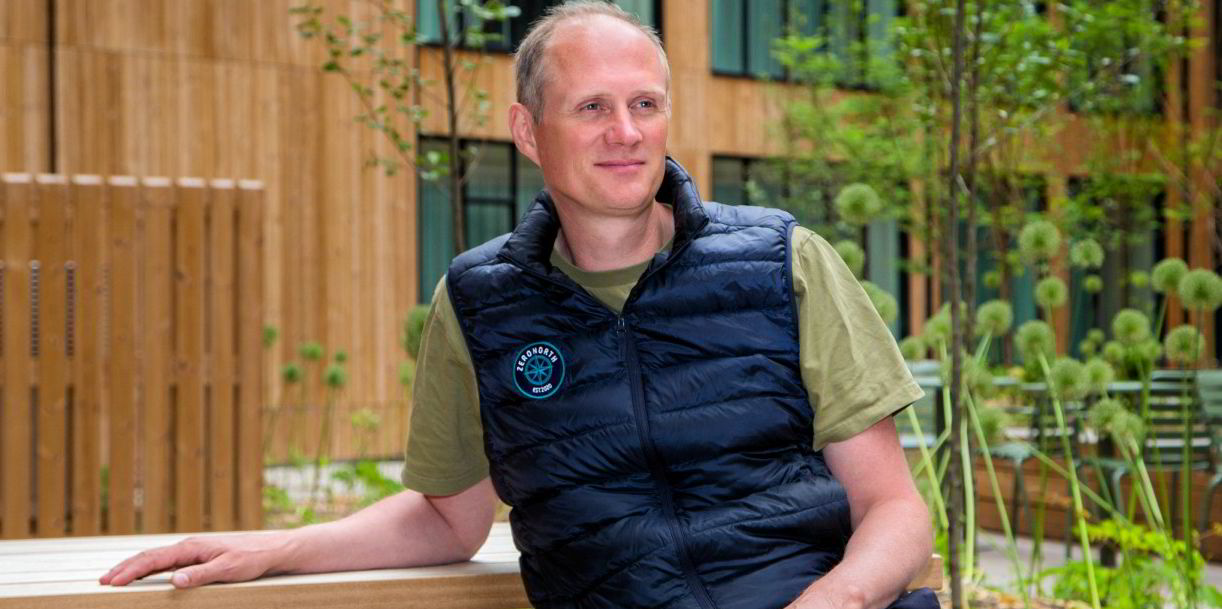Suddenly everyone wants a methanol-fuelled ship, but it has been a Copenhagen-based firm that has been quietly making the connections to allow big names such as Cargill and Maersk to enter the space.
Such has been the eruption of interest in methanol this year that methanol-focused consultancy Green Marine has received enquiries from owners who already have vessels under construction but want to find out how to convert those ships to run on the fuel.
And Green Marine believes methanol could be key to unlocking investment in shipping by shattering the industry’s “dirty” image, according to chief executive Morten Jacobsen.
Methanol is not perfect — it still emits almost as much CO2 as conventional marine fuel — but Jacobsen said this drawback is outweighed by its clean-burning qualities.
Jacobsen, who founded Green Marine with colleague Fredrik Stubner, said: “From a CO2 perspective, it’s not a lot better. But the other pollutants — NOx, SOx, particulates, for example — there are heavy reductions when using methanol compared to low-sulphur fuel.”
He thinks that too much focus is placed on decarbonisation in shipping’s green transition — emissions and particulate matter released by vessels are a threat to public health as much as they are an environmental issue.
“It’s not only decarbonisation, it’s all the pollutants that we should address,” he said. “It’s actually very important not to be blinded by CO2 only because this is a pathway to cleaner shipping, and by engaging with methanol now — and even using grey methanol — you will reduce the pollutants a lot compared to conventional fuels.”
Green Marine has kept a relatively low profile, but counts the likes of Cargill, AP Moller-Maersk, CMA CGM, Mitsui OSK Lines and TotalEnergies among its customers.
Its services range from design consultancy to newbuilding construction supervision, technical management and operations.
One of the key obstacles to widespread adoption of methanol as a marine fuel has been supply and the lack of bunkering infrastructure.
In June, Green Marine Bunkering signed a memorandum of understanding with TotalEnergies Marine Fuels on a joint development study on methanol as a new marine fuel in Singapore.
“We will likely add methanol producers into that partnership as well to cover the entire value chain within this specific activity,” Jacobsen said. “It’s fine to have the infrastructure but if you don’t have guaranteed access to methanol, it’s pretty pointless.”
TotalEnergies does produce methanol fuel but only in small quantities in Germany, which will make additional production partners necessary.
“The target for the cooperation with Total is a rollout at other different, main bunkering ports,” Jacobsen said.
There are currently 122 ports with methanol storage facilities worldwide. Various ports have issued methanol bunkering rules or are preparing to do so.
Meanwhile, the first methanol-fuelled vessels will begin delivering from 2024.
Although Green Marine has existed since 2016, its genesis began four years before that when Stubner was supervising construction of 16 methanol dual-fuel MR tankers, built for Stena.
He reached out to Jacobsen to suggest that it would be worth spending time on research and development (R&D) of a methanol dual-fuel engine.
R&D work has been going strong for more than a decade now and the MAN dual-fuel engine today is in its third generation. It is also the only design concept that has been proven.
“One of the things that we put a lot of focus on is results — action,” Jacobsen said. “We want to show that it is actually possible to do something, we don’t have to wait five years because it’s already too late.
“The emission reduction curve is actually quite embarrassing. We are nowhere near on track to where we should be.”
This desire to make an impact, long-standing expertise and broad base of in-house activities means Green Marine can afford to be ambitious. As Jacobsen put it: “Why not do the real hardcore commercial activity as well — investing in or co-investing in methanol-powered ships? It’s possible.
“We will likely do partnerships with owners and end users to execute some commercial projects and that could be bulkers, it could be tankers, could be anything.”
The company has set up Green Marine Assets, headed up by Gavin McGrath, who worked for many years at Cargill before managing shipping portfolios for investment funds including the StepStone Group.
McGrath said methanol fuel could be what finally unlocks investment in shipping, especially for investors who are conscious of environmental, social and corporate governance (ESG) issues. He told TradeWinds that he knows how difficult it is to raise money in the space.

“When I was raising money for a previous shipping fund, the product might have been excellent, the upside might have been excellent, but trying to sell it to an investment manager — who has to sell it to an internal investment committee within their bank or investment fund — they could never get through because it’s a ‘dirty’ fossil fuel-centric business,” McGrath said.
“Now we have a pathway, a green pathway, with which that investment manager can go to their investment committee internally and it can get past what historically used to be the main hurdle.
“Their clients or their investors and their funds, they’re searching actively for ESG products. Now we have the ability to unlock enormous value with a fully ESG-compliant shipping investment product, which has never been available before.”
A relative newcomer to the company, McGrath said he thinks the years of hard work put in by Green Marine’s founders show “a real desire to change shipping”.
“When no one was talking about methanol, these guys were,” he said.
A growing fleet of methanol dual-fuelled vessels will mean new training requirements on the seafarers working onboard.
But Green Marine thinks the current training programmes for handling methanol marine fuel are not sufficiently thorough for safe operations. It is for this reason that the company has developed its own curriculum following a request from one of its Japanese customers, based the operational experience that Green Marine has built since 2016.
The current mandatory training for handling methanol fuel is based on the International Code of Safety for Ships using Gases or other Low-flashpoint Fuels (IGF Code), alongside main-engine training from manufacturer MAN, which produces dual-fuel methanol engines.
Green Marine aims to bridge the knowledge gaps between theoretical regulation and practical experience in the use of methanol as a marine fuel in its curriculum, which can be delivered onboard or online.
"We've developed this comprehensive methanol dual fuel training curriculum to fill the training requirements of seafarers, superintendents, technical managers, bunker barge crew and surveyors, and everyone who has direct interests and control over the management and operations of methanol-powered vessels, including handling of methanol," Jacobsen said.
"The training will supplement the mandatory IGF Code training, so we've created a world-leading training curriculum."
The training package, which was released in June, has been approved by the Methanol Institute trade association, of which Green Marine is a member.
A recent report commissioned by the Maritime Just Transition Task Force Secretariat predicts a rise in the number of seafarers needing training on alternative fuel technologies in the 2040s to between 310,000 and 750,000 people.




